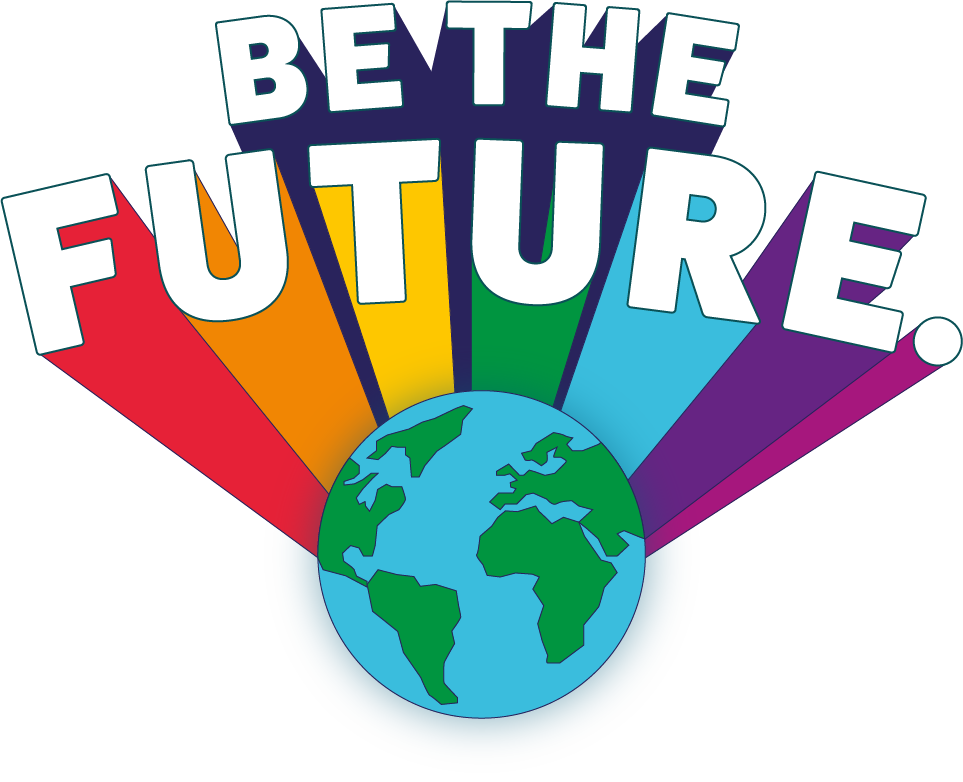How To Talk About Climate Change
How To Talk About Climate Change is now live on the Hope. Act. Thrive podcast with our special guest, Dr. Rebecca Huntley.
Why you’ll want to listen to this episode.
“If you're a human being, you have the permission to talk about climate change because it affects us all. The best thing to do is just to talk about it from your point of view,” says Dr Rebecca Huntley, one of Australia’s most experienced social researchers and author of numerous books including “How To Talk About Climate Change in a Way That Makes a Difference”.
In this conversation we’ll talk about the need to get emotional about climate change, social trends in relation to climate change, and how we can bring about a change of heart in others.
This episode is supported by Australian Parents For Climate Action, a growing movement of parents and carers working together to secure a safe climate for our kids.
Why we were thrilled to chat with Rebecca.
Dr Rebecca Huntley is one of Australia’s most experienced social researchers and former director of The Mind and Mood Report, the longest-running measure of the nation’s attitudes and trends. She holds degrees in law and film studies and a PhD in gender studies, and is mum to three young children.
She is a member of Al Gore’s Climate Reality Corps and is Advisory Group Chair of Australian Parents For Climate Action. Rebecca carries out social research for NGOs such as The Wilderness Society and WWF, and is the author of numerous books including “How To Talk About Climate Change in a Way That Makes a Difference”.
Words from Rebecca you won’t want to miss.
“It's actually not about whether people believe the science. It's about whether they see climate change as something that affects them today and the things that matter to them. And that connection that they make is enough for them to say, okay, well, what am I actually going to do? How might I live differently? How might I behave differently? How might I ask different questions?”
“The most important thing is understanding where your audience sits and their values and the frame within not just how they see climate change, but within which they see the world.”
“Once you understand who you're talking to, what their values are, what their mindset is, what are the things that they value, you have to also just allow them to talk and ask a whole lot of open questions. What's your views about climate change? Where do you get your views?”
“Often the best climate conversations are when you get a sense of why they feel the way they do, and then you exchange with them what your climate story is and part of it. And that can be really powerful.”
“In the face of a lot of the climate science, it's quite easy to despair. But you realize that through collective action, through groups all around this country and all around the world [people are] doing things - just evening the odds every day. And that's really important.”
“If you're a human being, you have the permission to talk about climate change because it affects us all. The best thing to do is just to talk about it from your point of view. You don't have to talk about it like Professor Tim Flannery. You don't have to talk about it like Al Gore. You don't have to talk about it like a politician or anybody else. You can start with your own voice and your own understanding and your own knowledge and approach to the issue. And that that is valid and that is welcome. And that is important.”
How can you listen?
Listen to this conversation on Apple, Google, or Spotify.
And if you just can’t get enough of us, do come hang out with us on on Instagram, Twitter and LinkedIn. We share real tips for real parents, and help you to turn eco-anxiety and gloom into fun and playful action. Plus you’ll regularly see us make fools of ourselves on Instagram reels.

